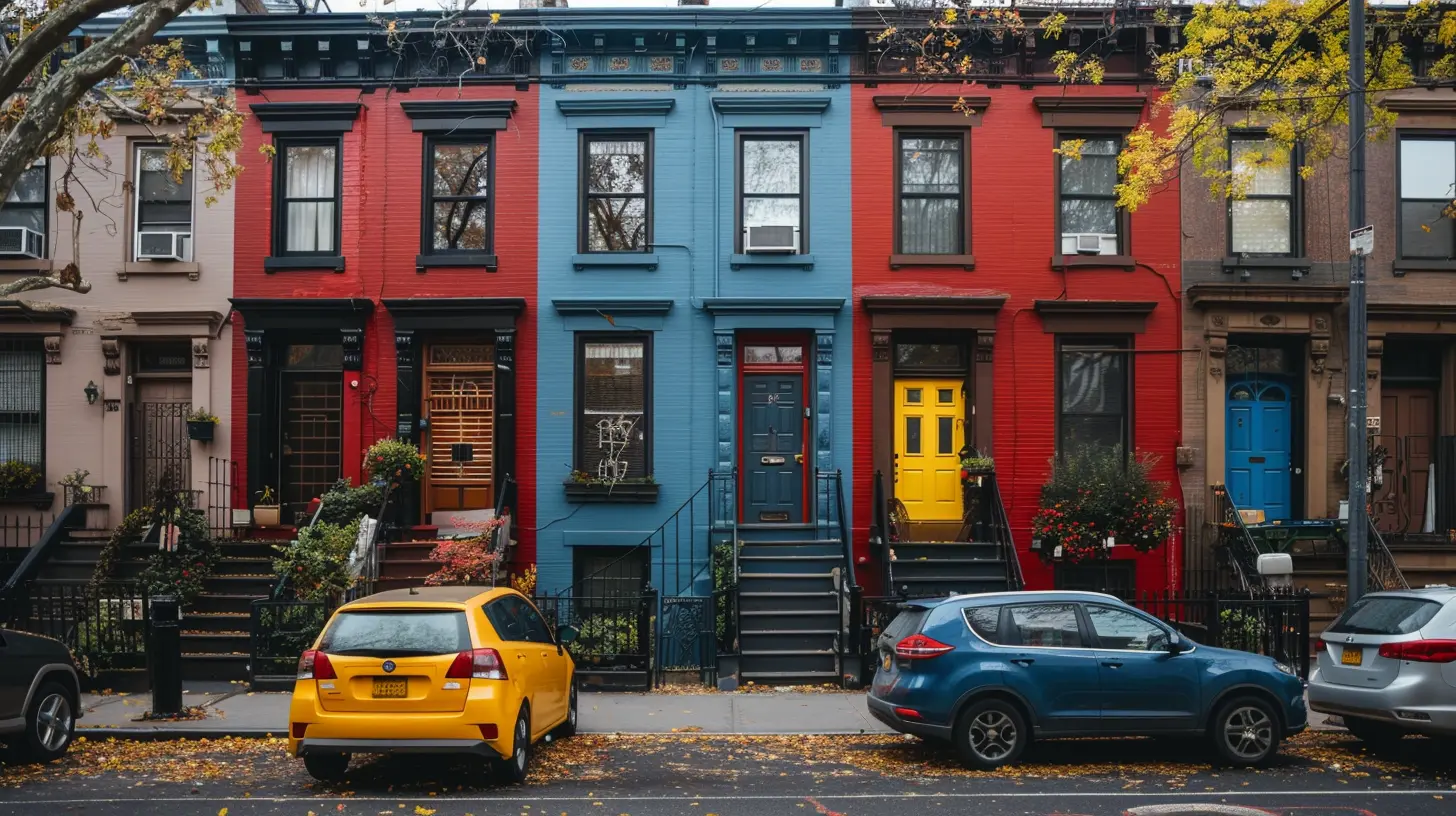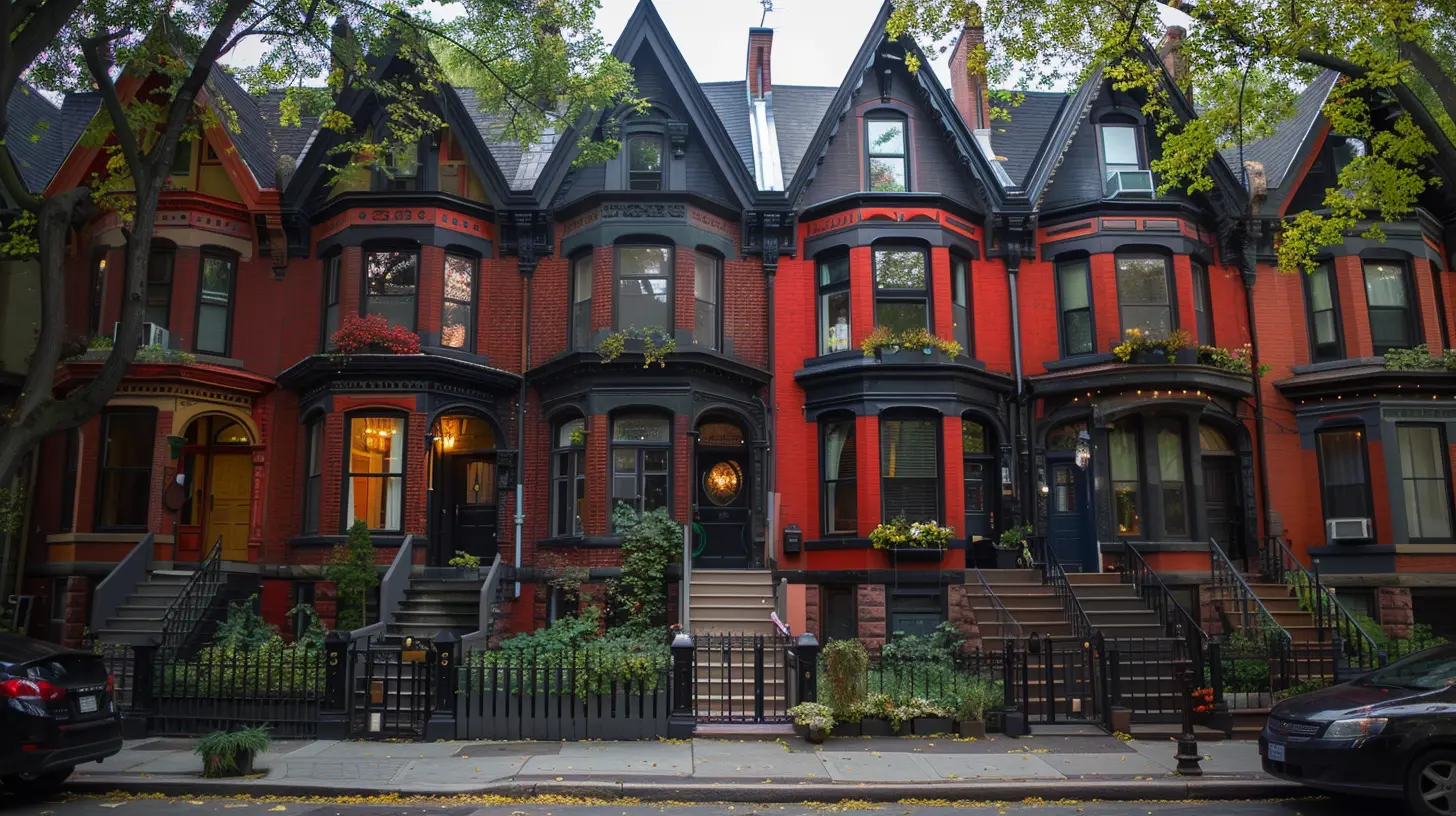The Hidden Costs of Zoning Restrictions in Renovations
1 October 2025
Renovating a property is an exciting venture. Whether you're upgrading your home or flipping a fixer-upper, it’s easy to focus on design choices, materials, and labor costs. But what happens when zoning restrictions step in and throw a wrench in your plans?
Zoning laws may not be the first thing on your mind when planning a renovation, but they can have a significant financial and logistical impact. From costly permit fees to unexpected compliance changes, zoning restrictions often introduce hidden expenses that many homeowners and real estate investors overlook.
So, let’s break it down. What are these hidden costs, and how can you avoid them while staying compliant? 
Understanding Zoning Restrictions
Zoning laws dictate how land and buildings can be used in specific areas. They regulate everything from the height of buildings to the number of units allowed on a property. Municipal governments enact these laws to maintain urban planning, protect property values, and uphold safety standards.While zoning laws serve an essential purpose, they can become a significant challenge when you're trying to renovate. You might assume that, since it’s your property, you can modify it however you please. Unfortunately, that’s not always the case. 
Common Hidden Costs of Zoning Restrictions
Now, let’s get into the nitty-gritty. Here are some of the unexpected expenses you might face due to zoning regulations during a renovation:1. Permit Fees and Application Costs
Before you even think about swinging a hammer, you’ll likely need a permit. And guess what? Permits aren’t free.- Different renovations require different permits: structural modifications, electrical work, plumbing changes, and more.
- The more extensive your project, the higher the permit fees.
- Some local governments charge by the square footage or type of renovation, leading to significant costs.
Overlooking the need for a permit can result in hefty fines or even a forced halt to your project.
2. Rezoning and Variance Requests
Sometimes, your renovation plans don’t align with existing zoning laws. If that happens, you may have to file a request for rezoning or apply for a zoning variance. These processes can be time-consuming and expensive.- Applications alone can cost hundreds or even thousands of dollars.
- There’s no guarantee of approval, meaning you could be stuck with unusable plans.
- Public hearings may be required, creating delays and additional expenses.
3. Legal and Consultant Fees
Zoning laws are often complex and full of legal jargon. To navigate them successfully, you might need professional help. Lawyers, architects, and zoning consultants can help ensure compliance, but their services come at a price.- A zoning attorney's hourly rate can range from $150 to $500 or more.
- Architectural revisions may be necessary to align the project with zoning codes.
- Consultants charge fees for land-use studies, impact assessments, and professional opinions.
4. Structural and Design Changes
You might start with a vision for your renovation, but zoning laws can force costly design alterations. Certain materials, building heights, or setback requirements may not align with your original plan, meaning you’ll have to redesign at an added cost.- If your renovation violates setback requirements (the distance between your building and the property line), you may need to shrink or modify your project.
- Height restrictions could limit a planned second story or rooftop addition.
- Some areas have strict regulations on historical buildings, requiring expensive materials to maintain architectural integrity.
5. Fines and Demolition Costs
Ignoring zoning laws often leads to fines, stop-work orders, or even demolition requirements. If an inspector finds violations after you've started the renovation, you may be forced to dismantle parts of your project, leading to:- Labor costs for tearing down and rebuilding.
- Wasted materials and budget overruns.
- Potential legal penalties.
Skipping zoning research in favor of "fixing things later" can backfire big time.
6. Environmental and Impact Assessments
Depending on your area, zoning laws may prompt environmental reviews or impact assessments before approving your renovation. If your project affects wetlands, historical sites, or other protected areas, get ready for additional costs.- Environmental studies can cost thousands of dollars.
- Delays while waiting for approvals can extend project timelines, increasing overall costs.
- Failing an impact assessment may require design changes or mitigation measures.
7. Lost Time Equals Lost Money
One of the most frustrating aspects of zoning restrictions? Delays.The longer your project stalls while waiting for permits, variances, or approvals, the more money you stand to lose. If you’re an investor renovating a rental property, delays mean months without rental income. If you’re a homeowner, extended renovations can leave you living in an unfinished space for longer than expected. Time is money, and zoning laws can significantly stretch timelines. 
How to Minimize Zoning-Related Costs
Feeling overwhelmed? Don’t worry—there are ways to mitigate these hidden expenses and keep your renovation on track.✅ Research Zoning Laws Before You Buy or Start Renovating
Before purchasing a property or beginning renovations, take time to understand the zoning laws in your area. Visit your local planning department, check online resources, and ask questions.✅ Hire a Professional to Review Your Plans
While it might seem like an added expense, a zoning lawyer or consultant can save you significant money by ensuring compliance upfront—preventing costly mistakes.✅ Apply for Permits Early
Don’t wait until the last minute. Getting permits in advance helps prevent delays and unexpected costs down the road.✅ Consider Alternative Renovation Strategies
If zoning laws limit your plans, explore creative solutions. Instead of expanding outward, consider renovating within existing structures. If a variance request seems unlikely, adjust your design accordingly.✅ Be Prepared for Public Hearings
In cases where you need a zoning variance, public hearings may be required. Being well-prepared with the right documentation and professional backing improves your chances of approval.✅ Budget for Surprises
Always set aside an extra 10-20% of your renovation budget for unexpected zoning-related costs. It’s better to have funds available than be caught off guard.
Final Thoughts
Zoning restrictions are often an overlooked aspect of renovations, but they can have major financial and logistical consequences. From permit fees and legal expenses to unexpected design changes and delays, these hidden costs can quickly add up.The best way to avoid these pitfalls? Do your homework, consult the right professionals, and plan ahead. While zoning laws may seem like a hassle, staying informed can help you navigate renovations smoothly—and save you a significant amount of time and money in the long run.
So, before you start knocking down walls, take a step back and make sure you're zoning-smart. Your wallet will thank you!
all images in this post were generated using AI tools
Category:
Zoning RegulationsAuthor:

Travis Lozano
Discussion
rate this article
1 comments
Azura Potter
This article highlights crucial yet often overlooked challenges in renovations. Understanding zoning restrictions upfront can save time and money, emphasizing the importance of thorough research before diving into property projects.
October 5, 2025 at 4:05 AM

Travis Lozano
Thank you for your insightful comment! I'm glad you found the article's focus on zoning restrictions valuable. Thorough research is indeed essential to avoid unexpected challenges in renovations.


